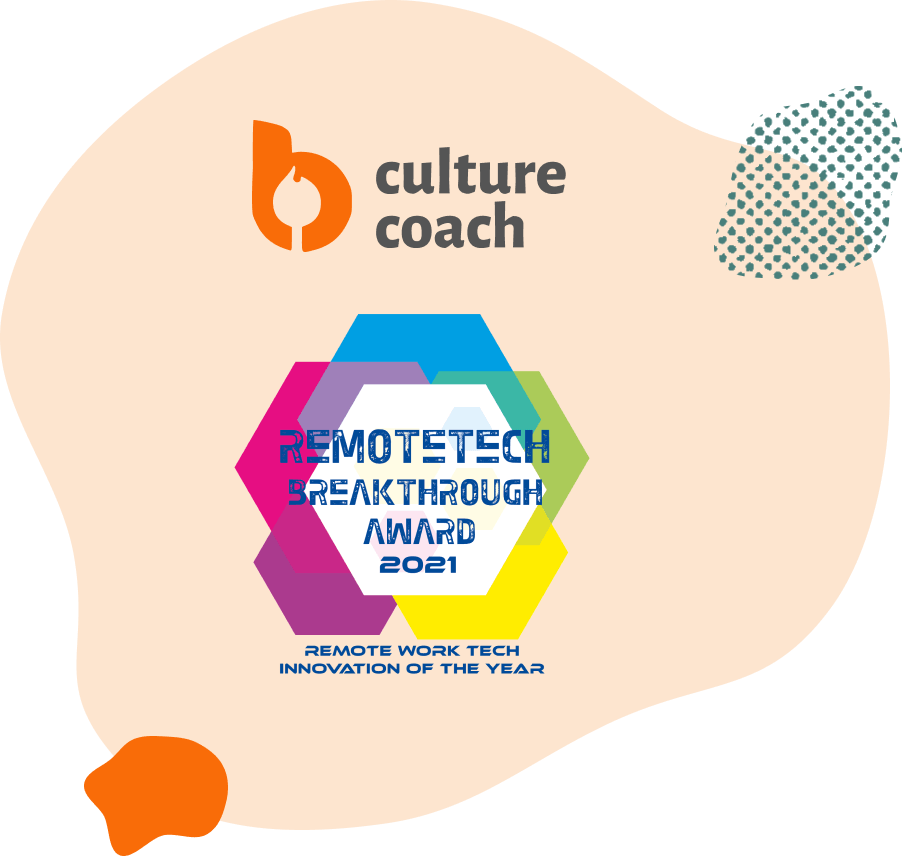Feeling appreciated and valued at work are among the most important drivers of engagement and performance. And while compensation plays a big role, it only goes so far – many employees are fairly compensated but don’t feel valued.
Beyond salary and benefits, one of the biggest investments organizations make here is in rewards that can cost hundreds or thousands of dollars per employee per year. These programs frequently feature a mix of cash and non-cash awards (TVs, gift cards, etc.).
But with many organizations optimizing costs, I’m increasingly seeing shifts away from non-cash awards (if not away from rewards altogether).
That $100 gift card for an employee actually costs the company ~$130 due to taxes. And maybe more importantly, would you rather have $800 cash or a $1,100 TV?
The value of a non-cash award can be very subjective and also limits the recipient’s control over the reward. Together with the cost savings potential, I’m generally in favor of shifting to cash-based awards for employees. But that’s another topic for another time! ☺
Compensation and rewards aside, the most important driver of feeling appreciated is when employees experience it – the “micro-moments” when someone thanks you for something, celebrates your birthday or work anniversary or gives you a shoutout for something you achieved or helped others to achieve.
This article by Dr. Sara Algoe does a great job of pulling together research and practical takeaways. Some of my favorites were:
- Those who express gratitude are seen as “warmer, more competent, and more caring about others – and the people being thanked actually do extra work for them.”
- Gratitude has physiological effects. In one study, “teams, where someone expressed gratitude, showed no cardiovascular threat response during the stressful task. Teams without expressions of gratitude [did].”
- Focus on the other person’s contributions (in addition to how they impacted you). “Thank you so much for covering that meeting for me – you really went above and beyond by jumping in at the last minute.”
- Express gratitude when you feel it and be specific about what the other person did. “The heart of when and why gratitude works is when it is genuine… There isn’t any need for people to pretend to feel more gratitude than they actually do.”
- Express gratitude publicly. For the audience, this signals that “the grateful person notices and acknowledges others’ contribution… and the person being thanked is generous, [creating] interest in getting to know [them] and willing[ness] to help [them].”
Compensation and rewards are important but only go so far. Put another way, you could be well compensated and still not feel valued or appreciated at work.
The best way to nurture these feelings at the enterprise scale is to create a culture of appreciation, powered by everyday expressions of appreciation and gratitude at the team level.
And to do that, organizations must make it easy – “smart” nudges suggesting the right action at the right time with the right audience.
Help managers become better leaders with Culture Coach

Drive leader behavior at scale
Awarded “Innovation of the Year” by RemoteTech Breakthrough, Culture Coach is the only closed-loop digital coaching solution.
Nudges with ready-to-implement actions make it easy for managers to improve engagement, culture, and inclusion. And with activity captured on the Bonfyre platform, Culture Coach optimizes for the greatest impact.



 3 min
3 min




